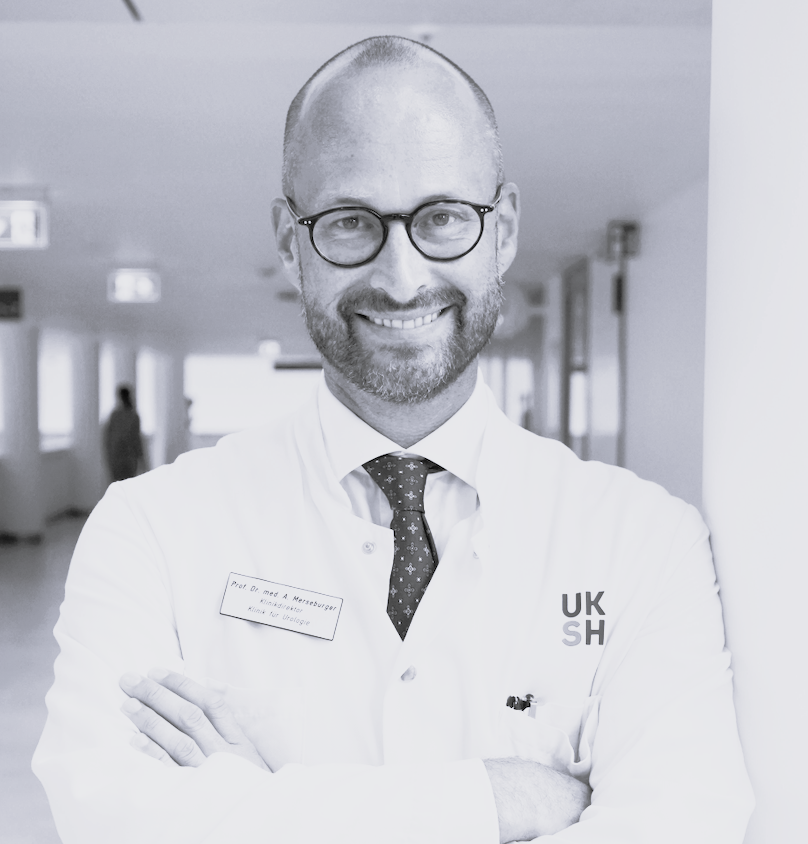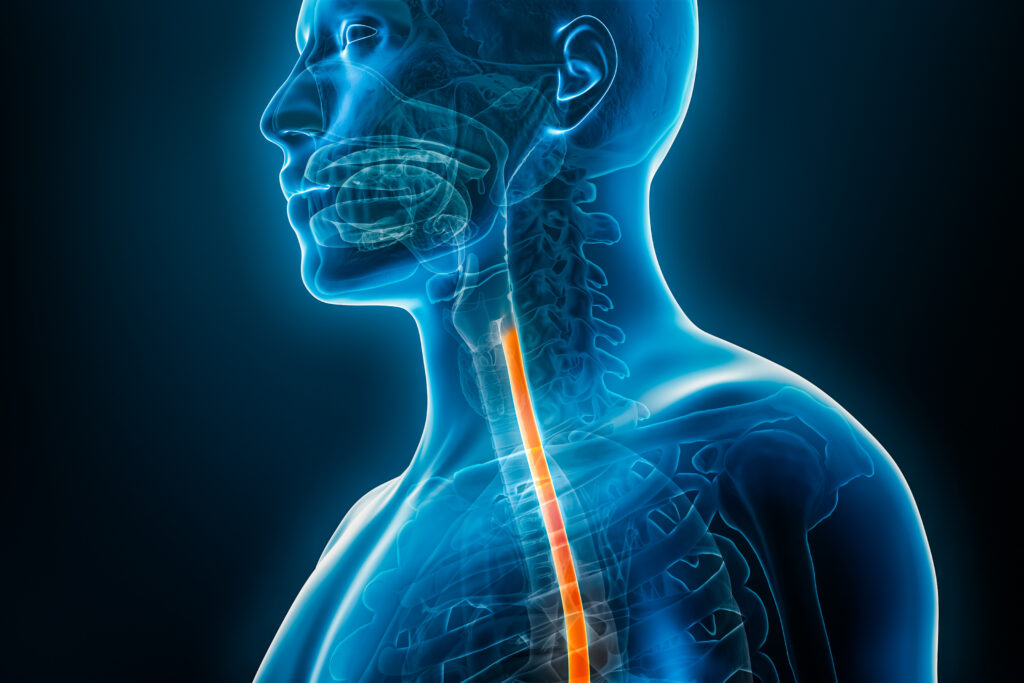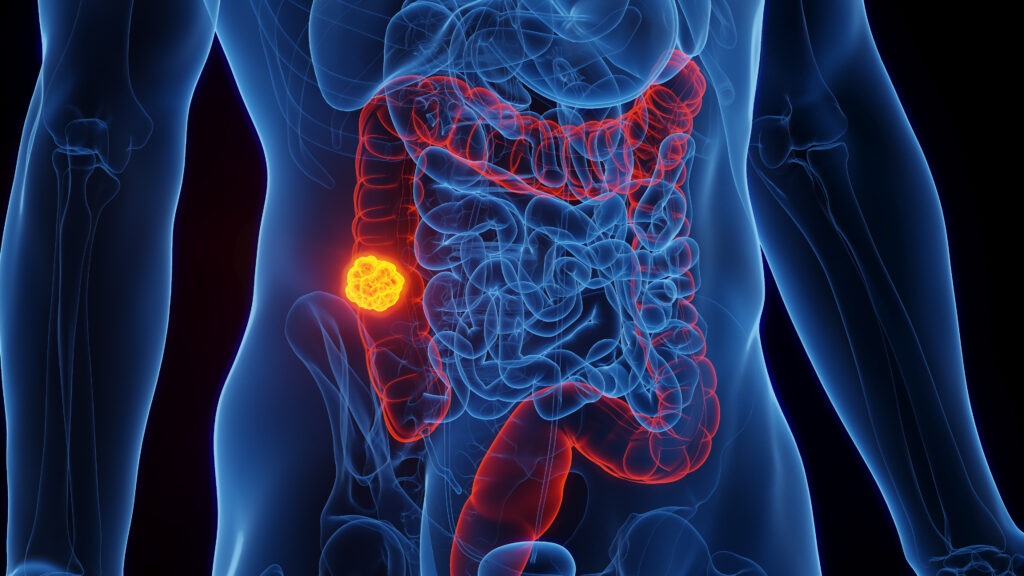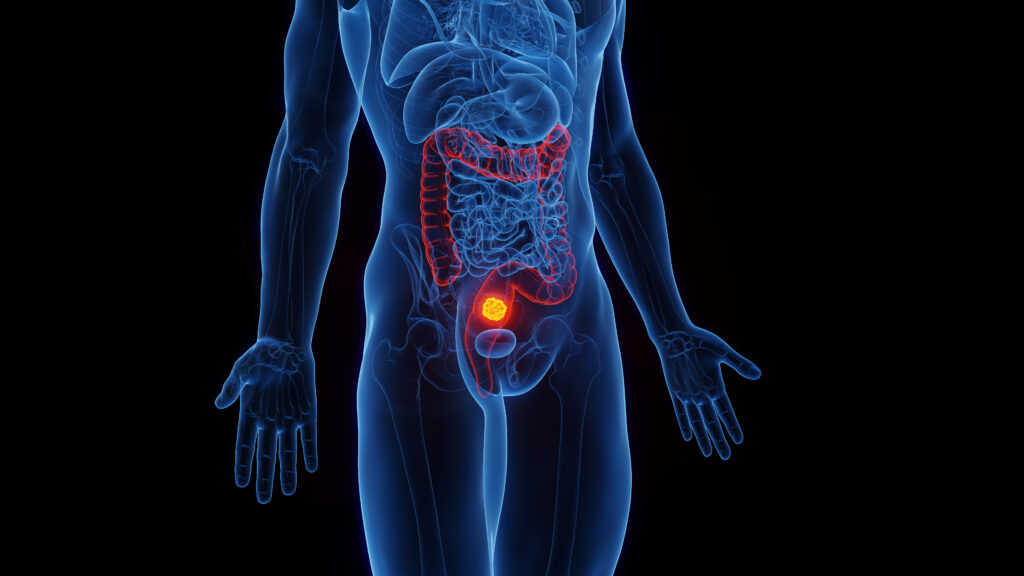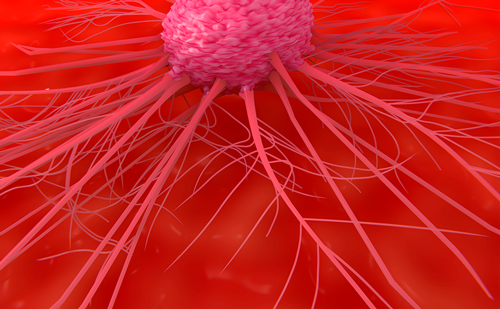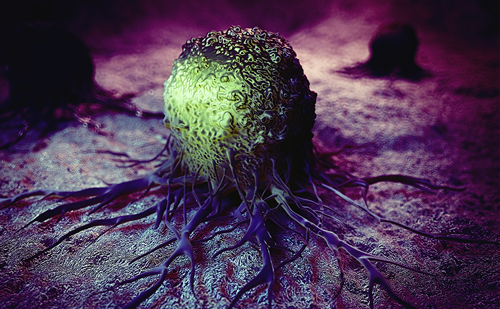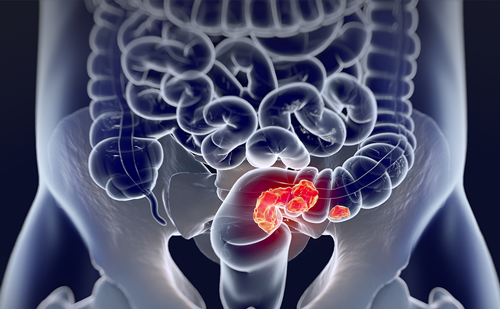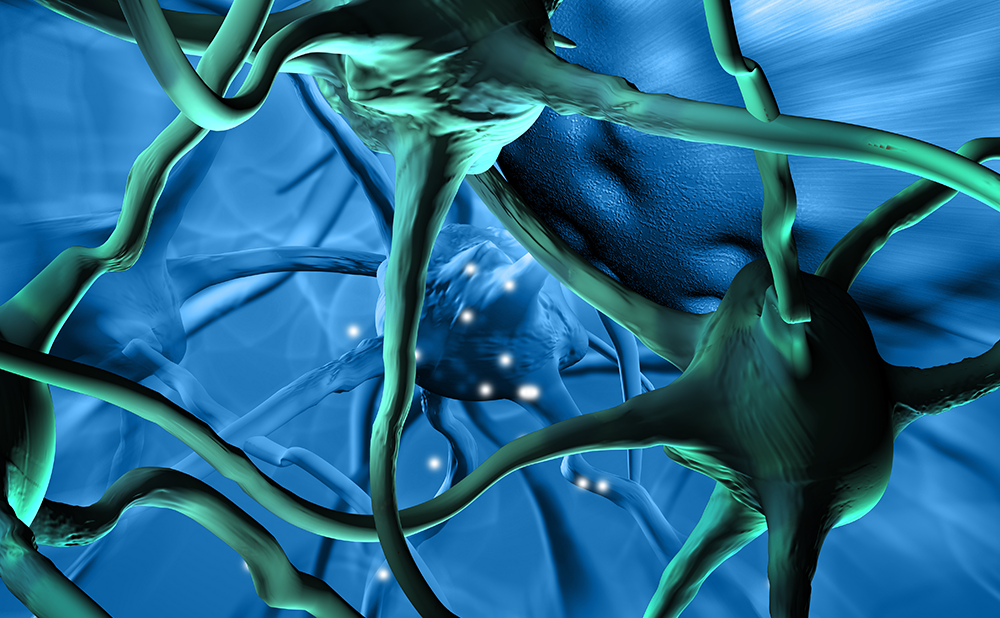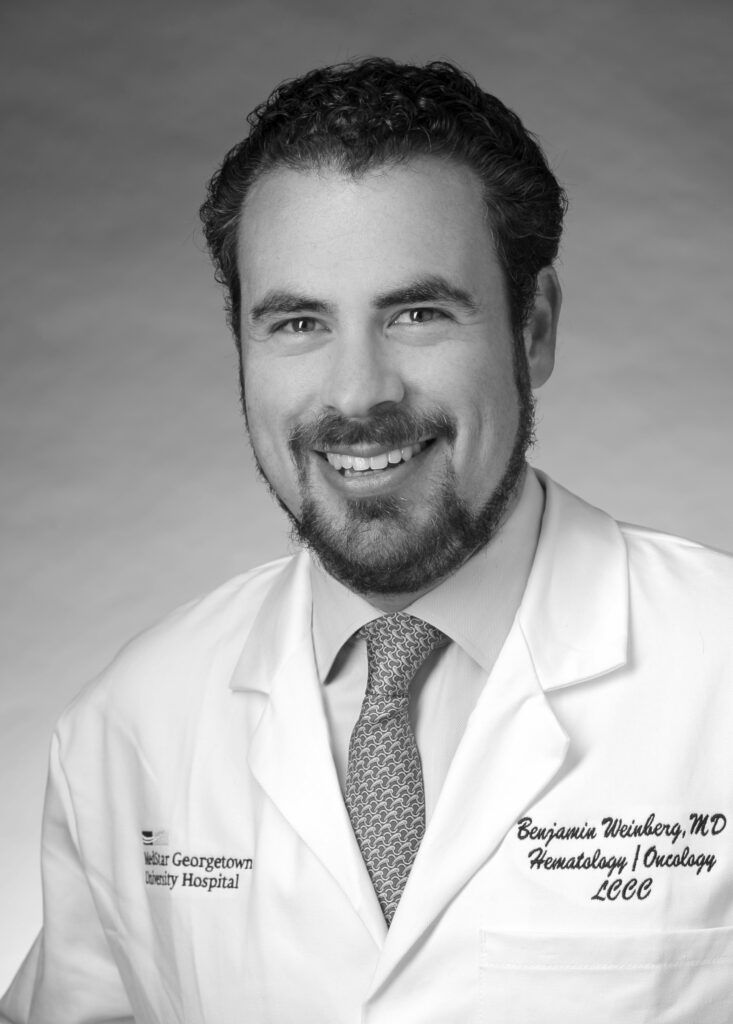The fluoropyrimidine drug 5-fluorouracil (5-FU) was originally patented in the US by Heidelberger and Duschinsky in 1957. Since that time, the use of the drug has been extensively developed and its analogues have played a continuing and pivotal role in cancer treatment. 5-FU was for a long time the only drug administered to gastric cancer patients but it subsequently evolved and underwent multiple manipulations, being administered with other compounds and in new schedules to increase its efficacy and safety.
In current clinical practice, fluoropyrimidines are likely to remain a central part of gastric cancer treatment for the foreseeable future; they are the backbone of most of the treatment regimens used in gastro-intestinal cancers. Efficacy and reduced toxicity are key requirements for oncologists and patients. New fluoropyrimidines in clinical development have considerable advantages over older drugs in terms of efficacy and safety. S-1 is a new formulation that consists of a 5-FU prodrug and two targeted modulators of its metabolism, preserving the efficacy and improving the safety of the prodrug.
Following the recent approval of S-1 for use in Western populations after more than 10 years of extensive experience in Japan, the history of the fluoropyrimidines in advanced gastric cancer will be considered, and evidence supporting the use of S-1 from early phases to more recent clinical studies will be reviewed.
Are all Fluoropyrimidines Equal?
The use of fluoropyrimidines in the treatment of advanced gastric cancer has undergone considerable development. In 1968, IV 5-FU was approved in Europe for the treatment of gastric carcinoma. In 2007, capecitabine became available for the first-line treatment of advanced gastric cancer in combination with a platinum salt. In 2011, S-1 was approved for first-line therapy of advanced gastric cancer in combination with cisplatin.
Four avenues have been exploited in order to improve the therapeutic index of 5-FU. The first avenue consisted of biochemical modulation with methotrexate, leucovorin and interferon.1,2 The second avenue involved optimising the dosing schedule. For many years, it has been believed that continuous infusion of 5-FU channels its mechanism of action toward the DNA pathway – the basis of its anti-tumour activity – whereas a bolus dose diverts its activity toward the RNA pathway, which is believed to be the main cause of toxicity. Fifty-six years later, this is not an established fact, merely a supposition. The third avenue involved the development of oral agents for the convenience of clinicians and patients through the development of the 5-FU prodrugs. Finally, the fourth avenue focused on the metabolism of the agent. An increased understanding of each step of the 5-FU metabolism has allowed the selection of modulator stargeting key enzymes involved in 5-FU degradation and activation.
To view the full article in PDF or eBook formats, please click on the icons above.


